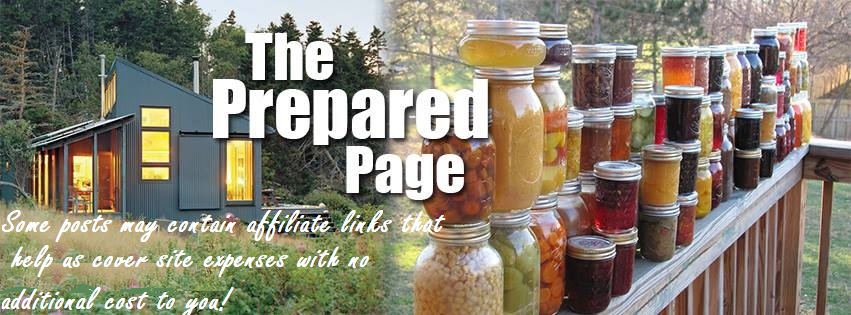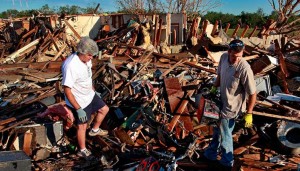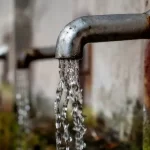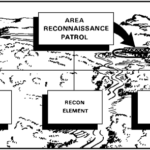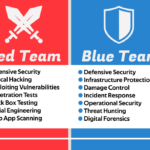Sometime in your life, you’re going to be faced with a crisis, do you have a SHTF plan?.
Things will go from normal to horrible in the blink of an eye. It doesn’t matter if it’s a hurricane, an EMP attack, an earthquake, the financial collapse of the country or a tornado, the results will be devastating.
The real question isn’t what type of disaster you’re going to face in your life, but whether or not you’ll be ready for it. Benjamin Franklin once said,
“If you fail to plan, you are planning to fail.”
This sage advice has led to generations of planners preparing for every type of emergency they could think of. Professional planners in police departments, fire houses and military organizations have developed filing cabinets full of contingency plans, so that they’d be ready for any emergency imaginable.
There’s a good reason why these planners take the time to develop such SHTF plans. That is the mind’s lack of ability to function normally in a crisis. If you are suddenly thrust from normal circumstances into a crisis, your mind will probably just go blank. That’s why people in automotive accidents are unable to react and avoid the accident. Their brain freezes up, preventing them from thinking.
Developing a SHTF plan for dealing with an emergency, before the emergency takes place, makes a lot of sense. It gives planners an opportunity to think things through, without the pressure of dealing with the crisis. They can research the problem, look at it from a variety of different angles and take their time to come up with a variety of possible responses, looking for the most effective way of reacting, for the best possible results.
Granted, things never go according to plan. But those plans allow emergency services to take some sort of action. While the plan will probably have to be modified somewhere along the way, they’ll at least have gotten the ball rolling, setting things in motion to be able to provide aid to the community.
Now let’s apply that to you and your family.
If we know that we’re likely to end up confronted by some disaster, sometime in our lives; it only makes sense to create a plan for dealing with it. Even though that plan won’t be perfect, it will put us way ahead of 98 percent of the population; the 98 percent who doesn’t have a plan at all. We’ll at least be able to do something to help protect our families, instead of just sitting there wondering what’s happening.
Okay, so what does your SHTF plan need to have? How do you go about creating a plan? How can you possibly know what you’re going to need, if you don’t know what sort of disaster you’re going to end up facing?
All of those are good questions. Questions you need to ask, if you’re ever going to come up with a plan for what to do when the SHTF. While you may not know what sort of disaster you’re going to face, you can still develop a plan, based upon what you’ll need when everything falls apart.
There are certain things which are in common in any disaster situation, regardless of the disaster. That is, things which we are accustomed to having available to us for our comfort and survival suddenly disappear. The type of disaster will only affect which of those things disappear and how long it will be before we have them back again. The aftermath of the disaster could be over in a couple of weeks or it could take years.
So, what sorts of things disappear after a disaster? Basically, the infrastructure that we all depend on. Things like electricity, clean water, sewage disposal, communications and the whole distribution network that brings products to the store for us to buy. Oh, that means that food distribution is in trouble as well.
Developing a SHTF plan means developing a means of surviving, even when those things are gone. In other words, a way of taking care of them on your own; either by stockpiling the things that you’ll need or by producing it yourself. For most people who are preparing to face a disaster, it actually ends up being a combination of the two.
The first question anyone faces is where they are going to hunker down, should a crisis occur.
While there is a lot of talk about having a bug-out bag and being ready to take off from home in a disaster, you’re actually much better off staying home in most situations. Unless you are faced with something that would make your home inhabitable, staying home provides you with shelter, as well as access to most of what you own. So, your plan needs to take that into consideration.
That leads us to the next step; stockpiling the necessary supplies in your home, to see you through a short-term crisis. When we talk about supplies, it means food and water, as well as things as diverse as personal hygiene supplies and batteries. Stockpiling supplies is really something that never really ends, as you always can find something else that you might need.
The second part is planning what to do when your stockpile starts running out. For example: you need a lot more water than you can store; so you need some way of getting water and making it usable. Whether that’s from rainwater, a well on your property or a local lake is something you need to decide, as well as how you’ll purify it to make it safe for your family to consume.
Water isn’t the only thing you’ll run out of; you’re going to need food as well.
While you can and should build a stockpile of food, you can’t stockpile enough of it to last you the rest of your life. So, you’ll need some way of producing food, like a vegetable garden, should the crisis lasts longer than your stockpile.
These same steps need to be taken for everything you need in life. What are you going to do for electricity? How are you going to protect your family from attack, if society breaks down? How will you get around, when gasoline is no longer available? Will you even need to get around? How will you keep your home warm in the winter? There are a million things to decide and make part of your plan.
This may seem like a daunting task; and to some extent it is. But every step you complete will put you one step closer to being ready for that disaster. You may never get to the point where your plan is 100% complete, but that’s okay. Everything you do will make it better for your family… and that’s the point.
